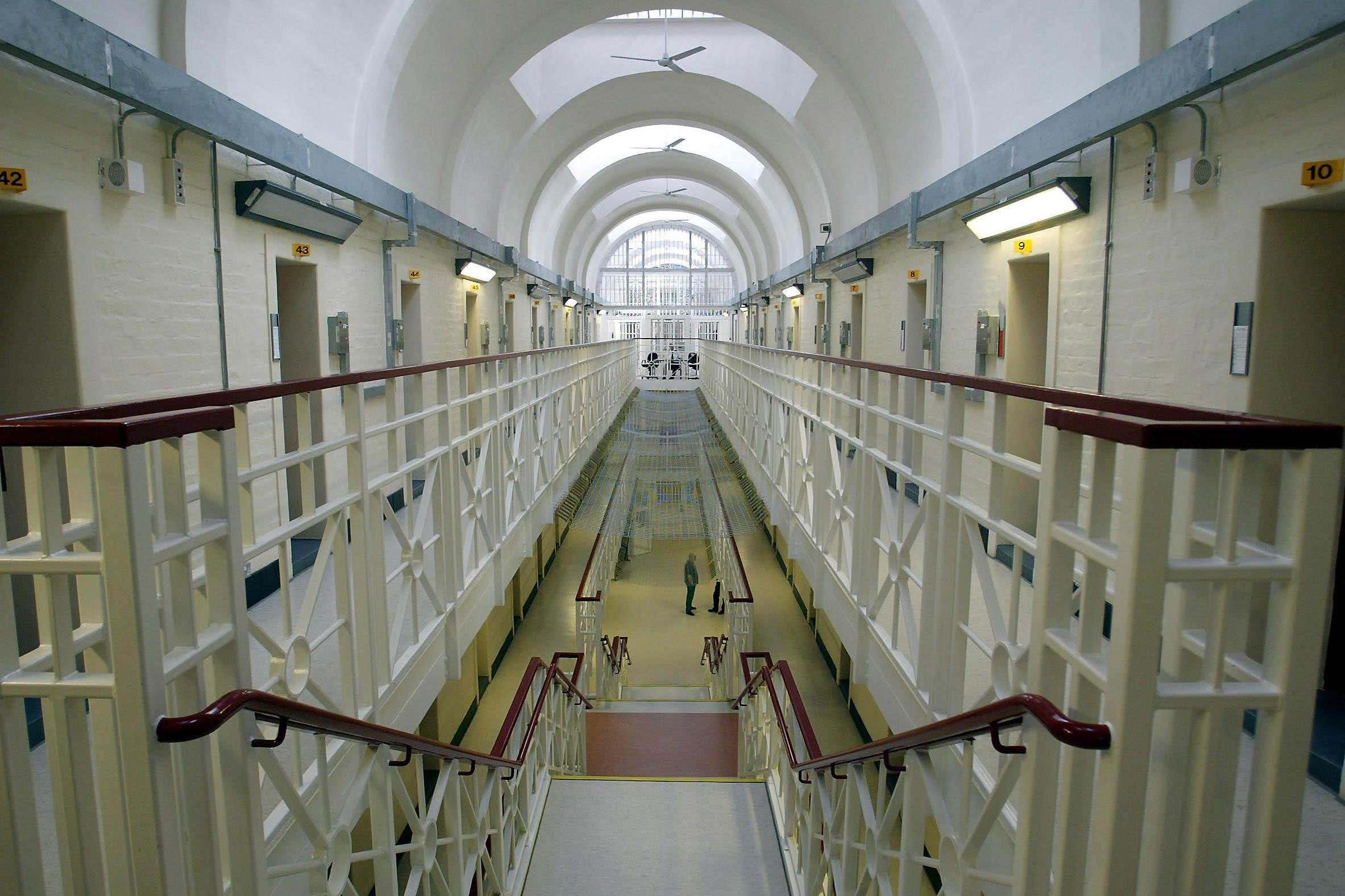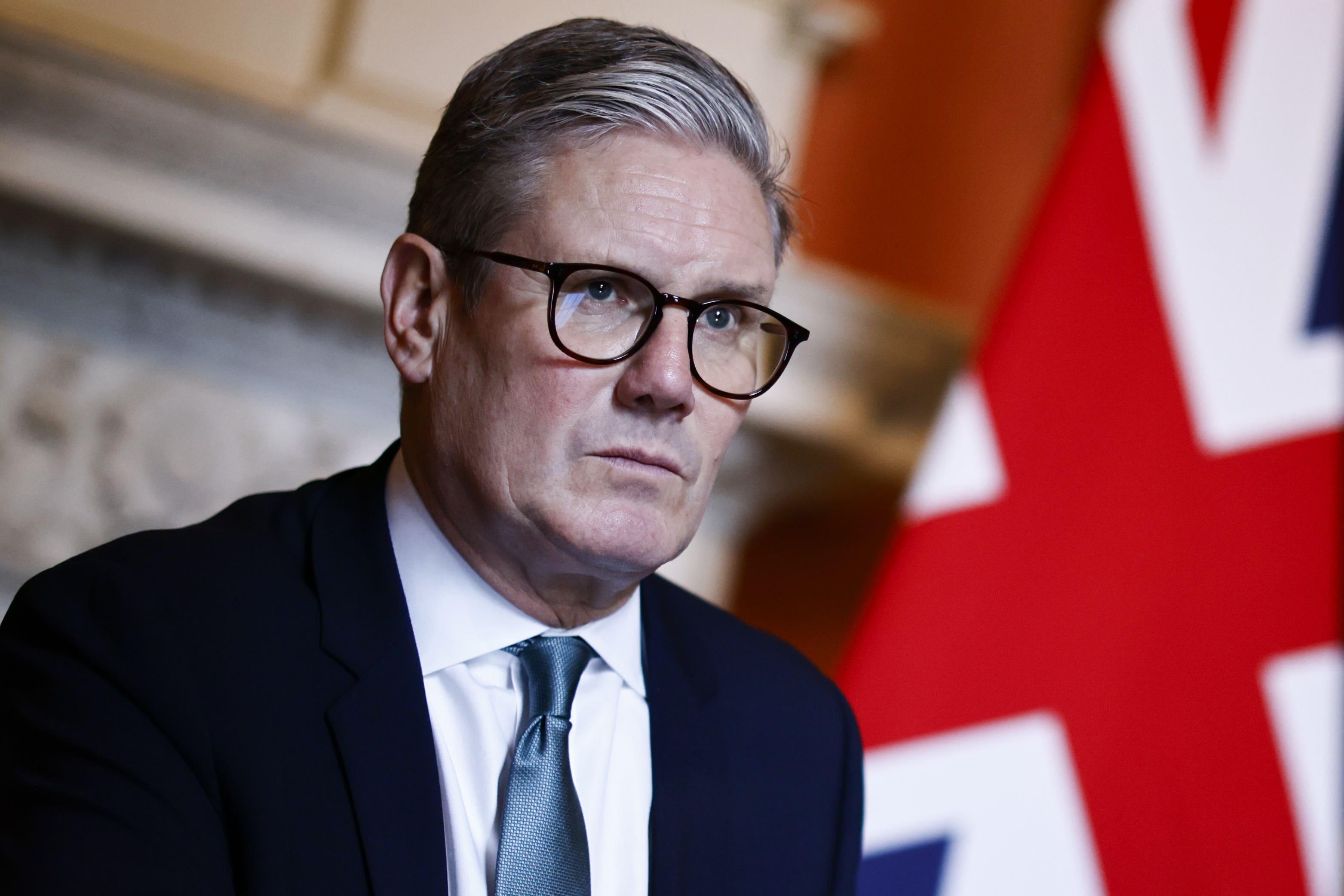Nearly 200,000 children have a parent in prison, first of their kind figures reveal
Government urged to act on manifesto ‘in ensuring these children are properly identified and supported’
More than 192,000 children in England and Wales have a parent who is in prison, according to the first official estimate in 15 years.
A landmark review in 2017 identified family relationships as “the golden thread” to help reduce reoffending, with research having suggested that children who have parents in jail can often face stigma, shame, and end up being more likely to offend themselves.
Yet the actual number of children with a parent behind bars is currently unknown, with Sir Keir Starmer’s Labour goverment pledging in its election manifesto to “ensure that those young people are identified and offered support to break the cycle”.

The last official estimate of the scale of parental imprisonment was published in 2009, and was based on a survey of fewer than 4,000 prisoners – with later calculations also rooted in this same dataset providing estimates ranging vastly from 100,000 to 312,000 children.
The new estimate, published on Thursday, is the first to use records relating to the entire prison population, using information from five separate prison and probation service sources, such as case notes, before being cross-checked by HMRC against child benefit records.
The research identified 74,275 parents who spent time in prison in the year to 1 October 2022, which accounted for 53 per cent of all prisoners over that period. Further estimates to account for parents who did not disclose this information suggested the true figure was closer to 109,000 – 78 per cent of the population.
These figures were then cross-referenced with nationwide Office for National Statistics data on family sizes to establish an estimate of 192,912 children with a parent in custody over that period.
While the research was welcomed by the charity Children Heard and Seen, founder Sarah Burrows warned: “This is not an exact number, and it is still not known who or where the actual children are. There is now no doubt that there needs to be a national mechanism to identify and support children with a parent in prison.

“As such, we’re urgently calling on the government to act on their manifesto in ensuring these children are properly identified and supported to break the cycle as children of those who are imprisoned are at far greater risk of being drawn into crime.”
Felix Tasker, who works on policy for the charity, told Sky News there was “a lot of shame and stigma” placed on young people for the crimes of their parents, saying: “We have seen incidents of children being attacked, being bullied at school.
“Especially when it comes to sexual offences, remaining families often have to relocate to get away from the backlash in the community, and the child at that point might not even know about the crime. We have even seen cases of children living completely on their own and there is just no mechanism in place to identify them.”
He added: “There are many studies about how the difficult and complex issues they face ends up with children of prisoners going on to offend themselves. They fall through the cracks ... they are invisible children, and they need support.”

Despite Labour’s manifesto commitment, plans to ensure children whose parents are imprisoned are identified and supported failed to materialise in the King’s Speech this week.
A government source told Sky News they believed they could “start collecting the data from now on, and would only need legislation to make sure it is binding on future governments”, with education secretary Bridget Phillipson said to be “working up plans for a ‘unique child identifier’”.
Former justice secretary Alex Chalk told the broadcaster that he expected the Conservatives would support such plans as they had “laid the ground for it” themselves, with Boris Johnson’s government having ordered the figures published on Thursday in a 2021 prisons strategy.
A government spokesperson said: “Growing up with a parent in prison can have a devastating impact on a child’s life chances, which is why this government has committed to providing these children with the support they need to flourish and thrive.
“This report provides a clear picture of the scale of the challenge and is an important step in breaking the cycle of crime that parental imprisonment all too often brings.”
Join our commenting forum
Join thought-provoking conversations, follow other Independent readers and see their replies
Comments
Bookmark popover
Removed from bookmarks